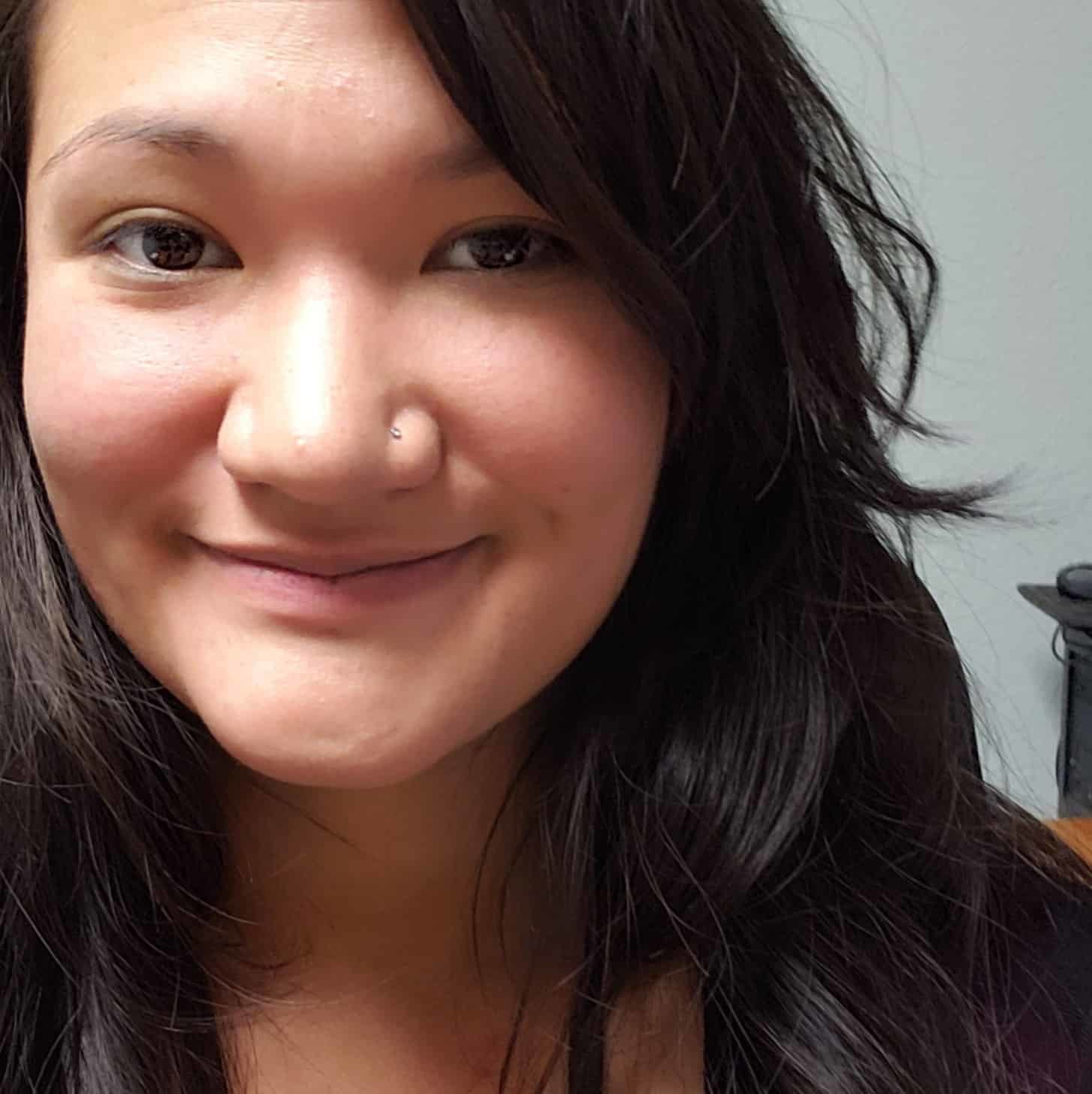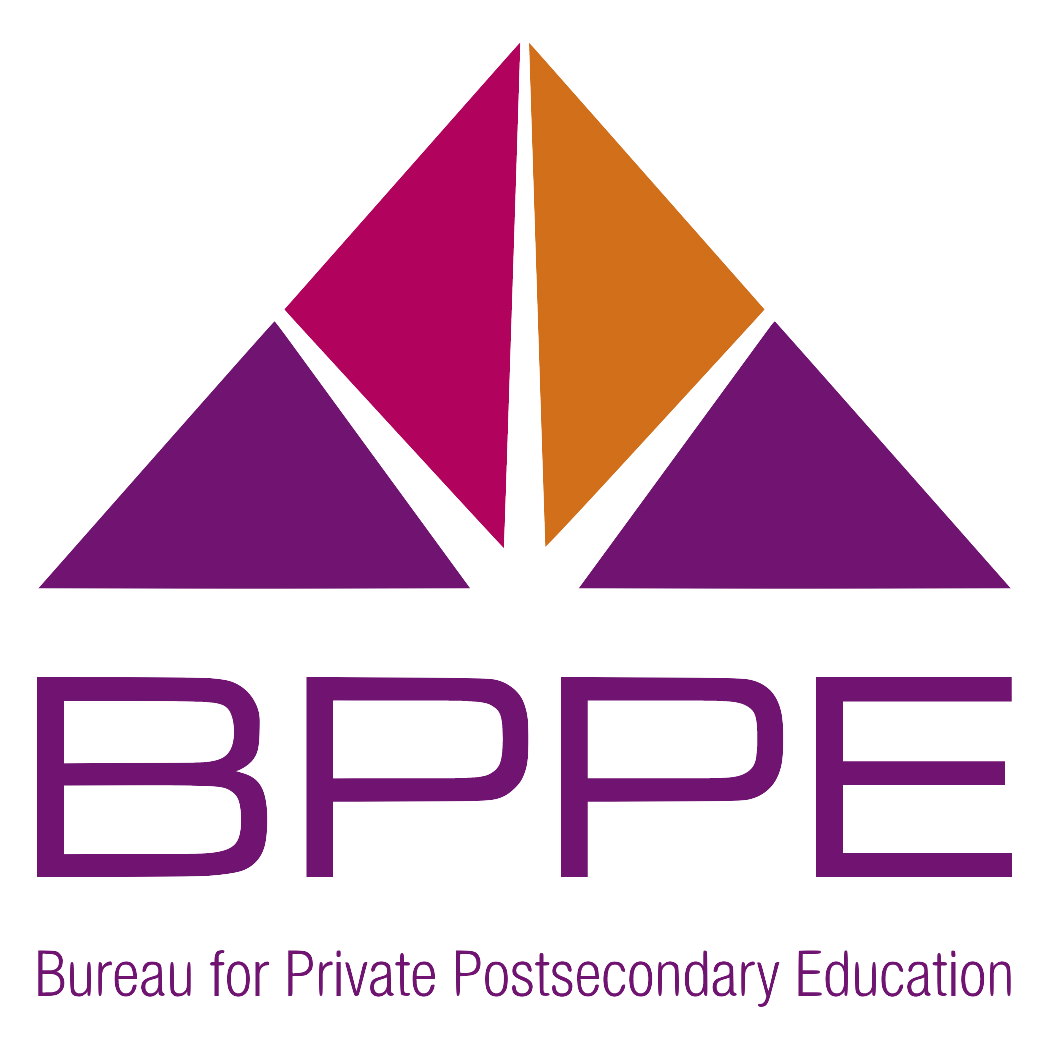
Terms of submitting this form: I agree that Bryan University may contact me regarding educational services via email, telephone, SMS text message, or automated technology at the email address and phone numbers provided. Message and data rates may apply. Message frequency may vary. Text STOP to cancel anytime. This consent is not required to enroll. For questions, call 1-888-768-6861. Visit our Privacy Policy.
Careers for Medical and Health Services Managers, Public Health Professionals, and Clinical Data Managers are expected to grow 9% percent or higher, which is faster than average, through the year 2032.1
With a Bachelor of Science in Healthcare Administration (BSHA) from Bryan University, you’ll gain a unique competitive edge and prepare for a fulfilling career in one of the fastest-growing industries.
More than ever before, the healthcare and public health sectors need skilled administrators, managers, and analysts who have the right skills to improve the patient experience, enhance population health, and reduce healthcare costs.
Earning your bachelor’s degree now means you’ll be ready for the jobs of the future.
1Bureau of Labor Statistics, U.S. Department of Labor, Occupational Outlook Handbook, Medical Health and Service Managers and Community Health Workers, at https://www.bls.gov/ooh/management/medical-and-health-services-managers.htm and https://www.bls.gov/ooh/community-and-social-service/community-health-workers.htm (visited February 8, 2024). Also online at https://www.onetonline.org/link/summary/11-9111.00, https://www.onetonline.org/link/summary/21-1094.00, and https://www.onetonline.org/link/summary/15-2051.02. Note that job market conditions are dynamic and can change. This data is not intended to predict the market conditions that will be present when you graduate from your program and may differ based on your geographic location and other factors.
As a graduate of the bachelor’s degree program, you’ll have the advanced knowledge and skillset to be job-ready for a variety of career opportunities2 such as:
2Example occupations shown herein do not imply a guarantee of employment. Students are responsible for conducting occupational research for their chosen program. Employers have unique hiring practices and job-specific requirements, which may include years of experience for manager positions. Graduates with little to no prior experience should expect an entry-level position.
Healthcare information systems managers and public health professionals have a range of career opportunities with employers who need college-educated professionals to manage operations, provide analysis, and improve health outcomes. Examples of these employers include:
At Bryan University, we give you a clear pathway to these exciting career opportunities, so that you’re ready to make your next career move as soon as you graduate.
You’ll receive a dedicated career services advisor that provides job search assistance, job networking best practices, interview preparation, and helps you create an eye-catching resume.
Bryan U programs are aligned with employers’ needs to ensure you get the most current and relevant skills, including:
Bryan University’s Bachelor’s Degree in Healthcare Administration was developed in collaboration with industry experts and provides two concentration options that are aligned with current competencies by the Healthcare Information and Management Systems Society (HIMSS) and the Council on Education for Public Health (CEPH). You’ll gain real-world practice experience online combined with a capstone experience to ensure you’re job-ready upon graduation.
Health Information Management Systems Concentration Capstone
Apply your skills in developing a project related to a real-world healthcare challenge and through interactions with industry professionals.
Public Health Concentration Capstone
Apply your skills in developing a solution to a real-world public health challenge that is coordinated through a healthcare facility.



Master of Business Administration, Colorado Technical University; Psychology BA, University of Missouri – St. Louis; Associate in Applied Science, Major: Health Information Technology, St Louis Community College; Associate in Arts, Major: General Transfer Studies, St Louis Community College.

Master of Business Administration, Colorado Technical University; Psychology BA, University of Missouri – St. Louis; Associate in Applied Science, Major: Health Information Technology, St Louis Community College; Associate in Arts, Major: General Transfer Studies, St Louis Community College.

Master of HIIM, Health Infor & Info Mgmt, The University of Tennessee Health Science Center; Bachelor of Science, Health Information Management, The University of Alabama at Birmingham.

Master of HIIM, Health Infor & Info Mgmt, The University of Tennessee Health Science Center; Bachelor of Science, Health Information Management, The University of Alabama at Birmingham.
B.S. in Health Science, Howard University; Master of Sci Admin/Organizational Management, Trinity Washington University.
B.S. in Health Science, Howard University; Master of Sci Admin/Organizational Management, Trinity Washington University.

Master of Arts, Communication, Interpersonal Comm Track, University of Central Florida; Bachelor of Arts, Journalism, Specialization – Integrated Communication: Public Relations & Adve, Communication Studies minor, Butler University.

Master of Arts, Communication, Interpersonal Comm Track, University of Central Florida; Bachelor of Arts, Journalism, Specialization – Integrated Communication: Public Relations & Adve, Communication Studies minor, Butler University.

Doctor of Public Administration, West Chester University of Pennsylvania; Master of Arts, Communication Studies, West Chester University of Pennsylvania; Bachelor of Arts, Communication, Immaculata University.

Doctor of Public Administration, West Chester University of Pennsylvania; Master of Arts, Communication Studies, West Chester University of Pennsylvania; Bachelor of Arts, Communication, Immaculata University.
Doctor of Education, Higher Education Leadership, Walden University; Master of Arts, Education: Curriculum/Instruction, University of Phoenix; Bachelor of Arts, English/Secondary Education, Converse College
Doctor of Education, Higher Education Leadership, Walden University; Master of Arts, Education: Curriculum/Instruction, University of Phoenix; Bachelor of Arts, English/Secondary Education, Converse College
Following the completion of this program, students will be able to:
Communication ethics covers an introduction to the ethical nature of communication as it relates to evolving systems of communication, public discourse, and intercultural dynamics. Topics for this course will include systems of ethical reasoning and how to effectively address current issues in various fields of the communication discipline.
A course covering the history of environmental concerns and how species interact with their environment. Topics include environmental history, sustainability, ecosystems, and human population change.
This upper-division course for research and writing prepares students with the ability to propose solutions to problems they encounter in their communities. This course focuses on the key skills of academic research and cohesively writing about them. Students use independent research to analyze a topic and formulate a position or thesis.
Increased regulatory and accrediting compliance, as well as a more competitive marketplace with demands for concomitant cost-control and improved outcomes, require robust methods of accessing, analyzing, and reporting. In this course, students examine the use of dedicated reporting applications as tools to produce sophisticated reports and data displays.
Population health enables governments and organizations to increase access, decrease costs, and improve outcomes. The aging of populations, the rising costs of healthcare, and the increasing prevalence of chronic conditions requires such comprehensive approaches. This course provides a foundation in population health principles and practices, including the distribution of diseases in a population, interventions available to impact those diseases, and policies that enable population health.
Healthcare data, both within an organization and in a multi-entity healthcare system, must be stored and organized in a structured environment that enables reliable access, analysis, and reporting. Students will learn the fundamentals of modern biomedical information and database systems.




As a Bryan University student, you’ll receive these benefits and services included in tuition at no extra cost.
Prepare for third-party certifications – one certification exam attempt paid for by the university.
We give you easy access to your e-textbooks and software.
Our tutors and academic staff provide personalized support whenever you need it.
You’ll receive a starter package to ensure you’re ready to succeed in your program.
Finish in the shortest time possible and never get wait-listed for course registration.
As a graduate, audit previously completed courses free to keep your skills sharp.
You'll receive dedicated support to help you succeed in and out of the classroom.
Get expert help to ensure you're job-ready and connect with employers.
Learn from faculty with real-world experience in their field.

We recognize that life can be busy and complex, so we’ve designed the learning experience around you. You have the option to complete your homework assignments online each week at days and times convenient to you. You have the flexibility to resubmit homework to improve your grades and gain greater mastery of the course content.

We provide you with user-friendly learning technology such as adaptive digital textbooks and simulated job tasks to help you learn faster, easier, and retain more knowledge. All your efforts are recorded so you can track your progress and plan your time more effectively.

Studying online with Bryan lets you learn from the comfort of home while connecting you in live events with peers, teachers, industry professionals, and mentors. If you happen to miss the event, we record them so can you watch them later and not miss a beat. Whenever you need help with an assignment, you can schedule a tutor at any time online with the click of a button.

At Bryan, we don’t think learning online means learning alone. Connect with faculty, peers, and student support conveniently from your smartphone, tablet, or computer using Zoom, a user-friendly video app. You’ll join a vibrant community that includes industry experts who will provide support, expand your professional network, and celebrate your success along the way.
Most programs provide live classes that are also recorded in case you miss them and need to watch them later - click here for a list of live classes by program.
Didn't get the grade you wanted? At Bryan U, you can resubmit your homework to improve your grades.
You'll learn using a program that adapts to your knowledge level while helping you learn faster and retain more.
Engage with others in class using a social platform to share your thoughts on topics you're interested in.

Bryan offers affordable tuition rates for all students, no matter where they reside. We don't differentiate between residents or non-residents. We also lock-in your tuition rate when you enroll, so you can rest assured that your tuition will never increase over the length of your program.
If you apply to Bryan University with prior college credits and/or a degree, we’ll accept as many credits as possible to validate the hard work you’ve already completed. If you complete a Bryan U associate degree or undergraduate certificate, these credits are transferrable to a higher degree, such as a bachelor’s degree.
As an accredited institution, students of Bryan University who are residents of the United States may qualify for federal financial aid. Our team of dedicated financial advisors can also help you understand what other options are available to you. To learn about those who qualify, please visit our financial aid page.
For students who are veterans or active-duty members of the U.S. military, you may also use your military educational benefits, if qualified. Please see our military benefits page for more details. You may also complete the Request Information form or call us at 888-721-9773 to receive immediate assistance.
As you progress through each credential level (e.g., certificate to associate degree, or associate degree to bachelor’s degree), your tuition decreases. Plus, your tuition is locked in once you enroll so that it never goes up as long as you remain continuously enrolled in good academic standing. For a current listing of Bryan University’s tuition rates by program, please visit our tuition rates page.
To be admitted to Bryan University, prospective students must complete the following requirements:
To begin this process, we invite you to contact a member of our admissions team at 888-768-6861 or complete the Request Information form.